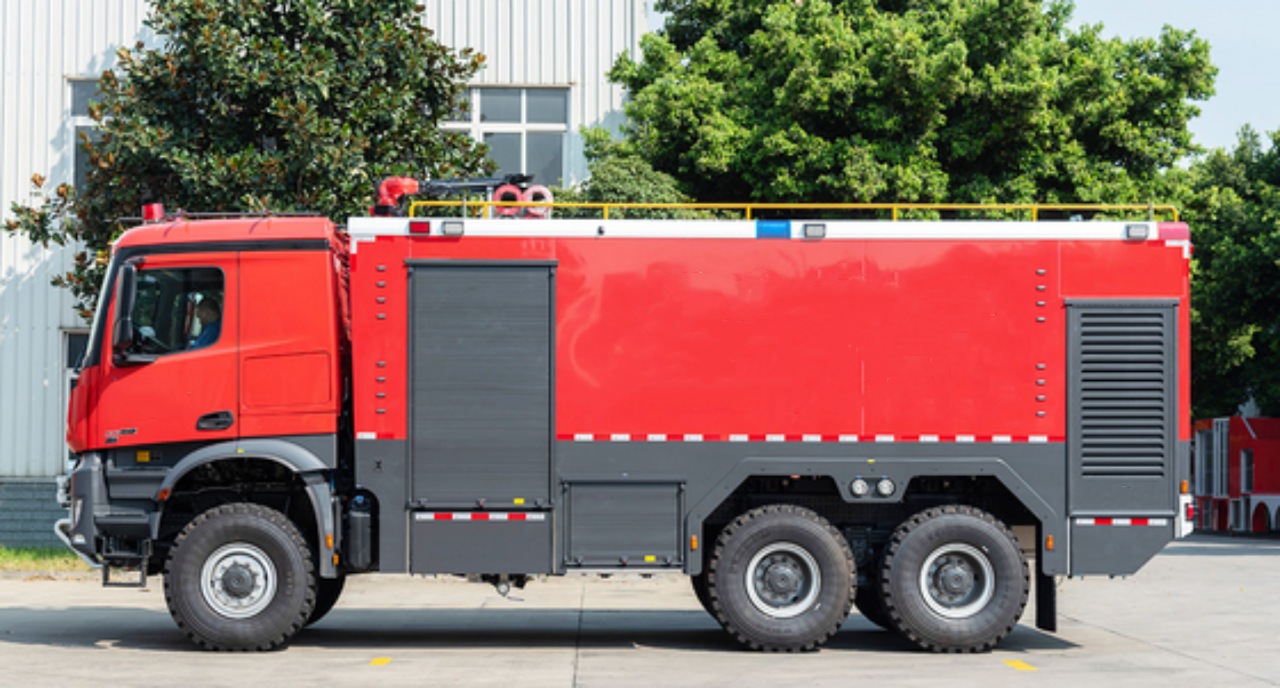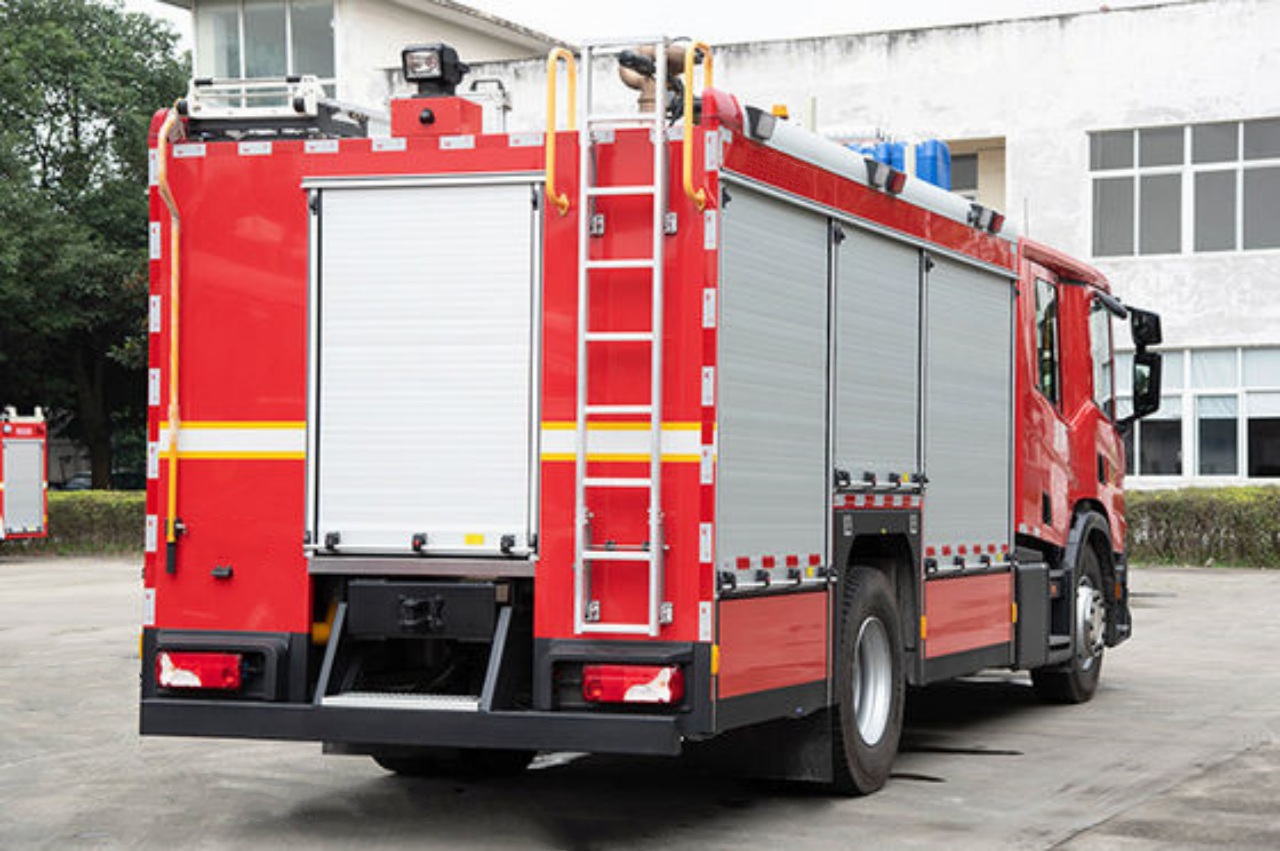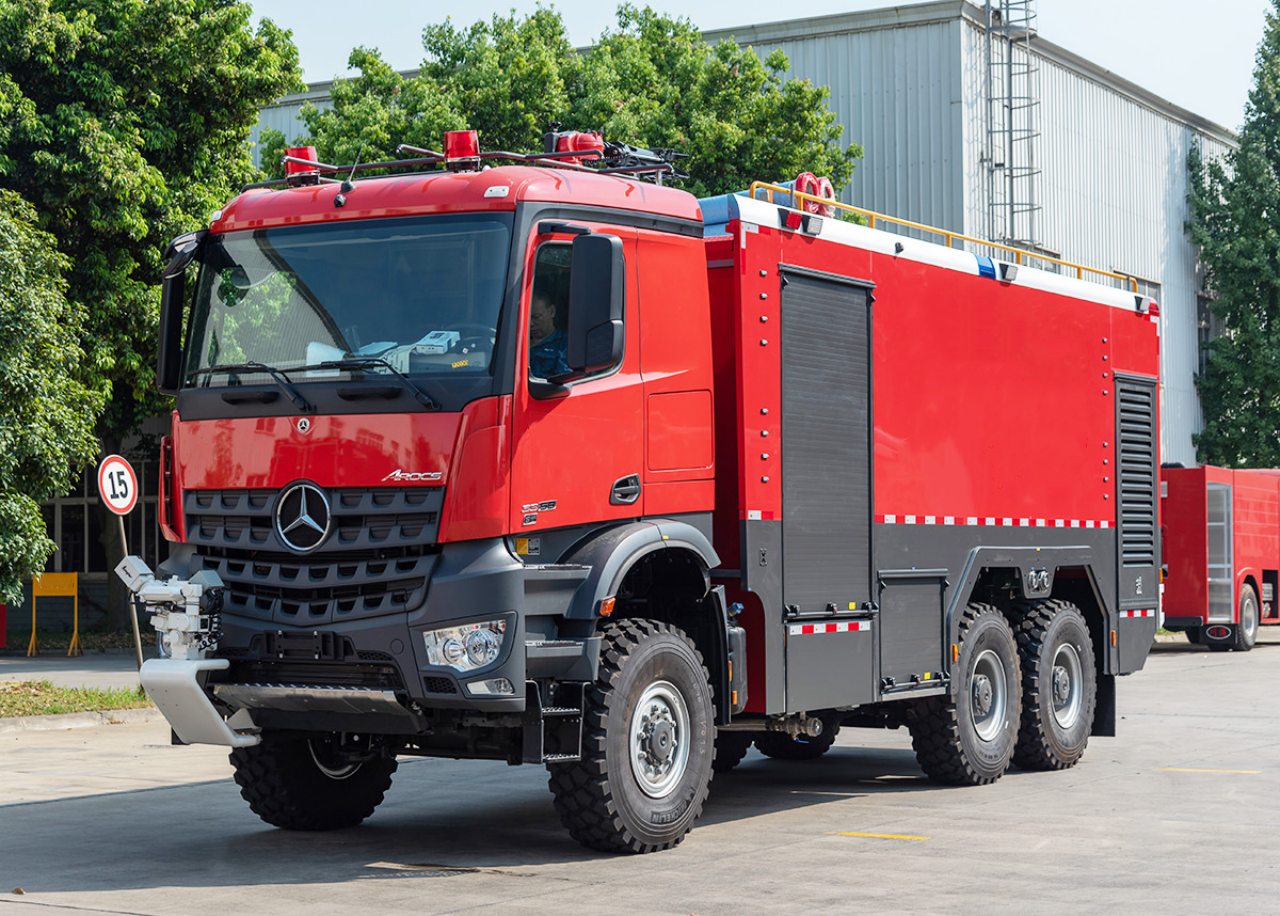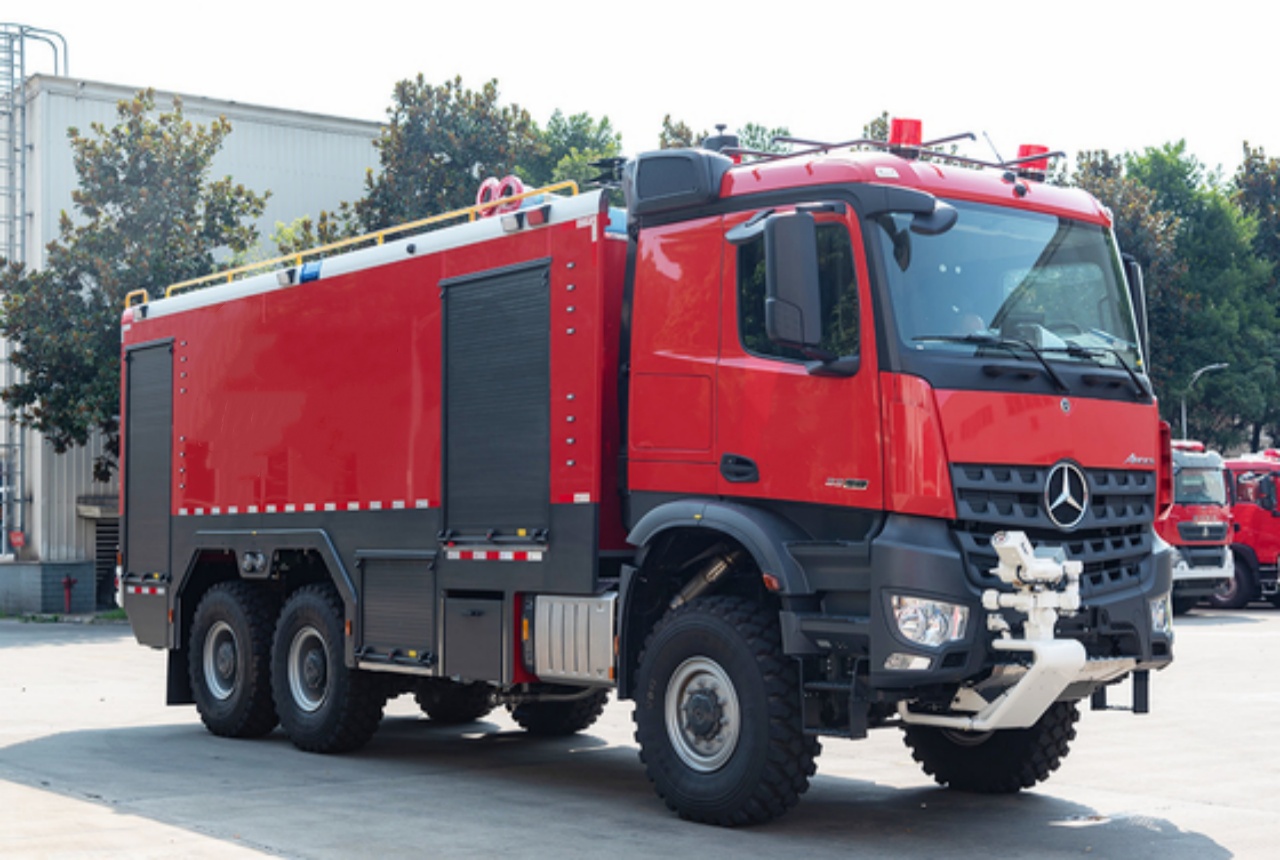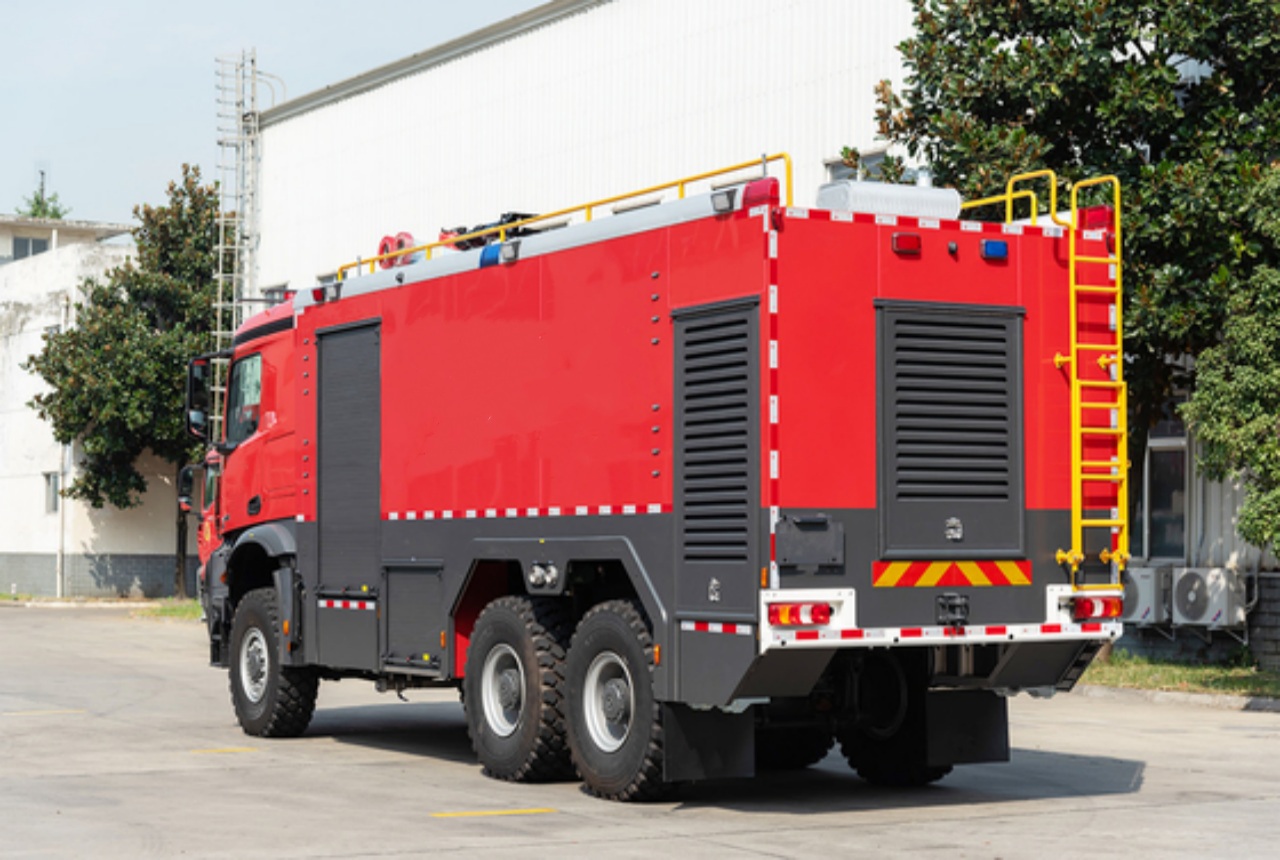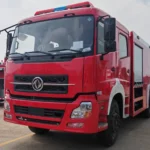The profession dedicated to fighting fires, saving lives, and responding to various emergencies is universally respected. However, the terminology used to refer to these brave individuals can vary across different English-speaking regions. In the United States, the term “fireman” is still commonly used in everyday language, although it’s gradually being replaced with more gender-neutral alternatives like “firefighter.” But what about in the United Kingdom? What is the British term for a fireman, and are there cultural or organizational differences in how this role is defined?
In the UK, the preferred and official term is “firefighter.” While “fireman” might still be understood and occasionally used colloquially, especially by older generations or in informal contexts, “firefighter” is the accepted and inclusive term adopted by the UK’s fire and rescue services and broader government institutions. This shift reflects broader changes in societal attitudes towards gender equality and professional inclusivity.
Historical Use of “Fireman” in the UK
To understand the evolution of the term, it’s helpful to look back at the history of fire services in Britain. The organized fire service in the UK dates back to the 19th century. In those early days, the personnel who operated the equipment, maintained the steam fire engines, and fought fires were typically referred to as “firemen.”
The term made sense at the time, as the profession was almost exclusively male. Additionally, the word “fireman” had already been in use in other contexts, such as on steam trains and ships, where it referred to the person responsible for stoking the engine’s fire.
As women began to enter the workforce in larger numbers during and after the 2 World Wars, the term began to feel increasingly outdated. Women joined the fire services in various supporting roles during wartime and gradually began to take on frontline duties. This prompted a rethinking of terminology across many sectors, including emergency services.
Shift Toward “Firefighter”
By the latter part of the 20th century, efforts to adopt more gender-neutral job titles gained traction in the UK. Fire services began officially referring to their personnel as “firefighters” rather than “firemen.” This was not just a matter of political correctness but a recognition of the diverse makeup of modern emergency services.
The Fire and Rescue Services Act 2004, which governs the fire and rescue services in England and Wales, uses the term “firefighter” exclusively in its legal language. This reinforces the term as the official and formal designation. The same applies to fire service organizations in Scotland and Northern Ireland.
The transition from “fireman” to “firefighter” has been echoed in training manuals, government publications, and public safety campaigns. Today, all UK Fire and Rescue Services use “firefighter” in their recruitment materials, job descriptions, and public communications.
Language and Cultural Shifts
The move to “firefighter” is part of a broader linguistic shift in many English-speaking countries toward gender-neutral job titles. Terms like “policeman” have largely been replaced by “police officer,” and “stewardess” by “flight attendant.” The motivation is simple: job titles should reflect the role, not the gender of the person performing it.
In Britain, language is taken seriously, especially in official settings. Public sector organizations are keenly aware of the need for inclusive language, particularly as diversity becomes a priority. As such, calling someone a “fireman” today might be seen as outdated or even insensitive, depending on the context.
That said, it’s worth noting that language lags in casual or colloquial use. Some older members of the public, or people in more traditional communities, might still say “fireman” without intending any disrespect. But in the professional sphere, “firefighter” is firmly established.
Firefighter vs. Fireman: Beyond Semantics
Some might argue that the distinction between “fireman” and “firefighter” is purely semantic. But language shapes perception. Using “fireman” subtly implies that firefighting is a man’s job, which can discourage women and non-binary individuals from seeing themselves in the role.
The UK Fire and Rescue Services have been actively working to diversify their workforces. Campaigns such as “Yes You Can” and “Firefighter: It’s Not What You Think” have highlighted the broad range of skills needed in modern fire services and emphasized that the role is open to all, regardless of gender.
Changing the terminology is one part of making that inclusivity a reality. When job titles accurately reflect who can do the job, it sends a powerful message to potential recruits and society as a whole.
Regional Variations Within the UK
While “firefighter” is the standard term across the United Kingdom, each of the devolved fire services—England, Scotland, Wales, and Northern Ireland—may have slightly different structures and recruitment strategies. Still, they all conform to the same inclusive language guidelines and use “firefighter” in all official capacities.
In Scotland, for instance, the Scottish Fire and Rescue Service (SFRS) uses “firefighter” throughout its materials. The same goes for the London Fire Brigade (LFB), one of the largest and most prominent fire services in the UK. LFB has been particularly active in challenging stereotypes about firefighters and promoting diversity in recruitment.
The Role of the British Firefighter Today
Modern British firefighters do far more than extinguish fires. Their roles encompass a wide variety of emergency responses:
- Road traffic collisions
- Flood rescues
- Hazardous material incidents
- Community safety education
- Fire prevention inspections
This broader scope of responsibility is another reason why the term “firefighter” is preferred—it better reflects the diversity and complexity of the work they do.
Public Perception and Media Influence
Media representations also play a role in shaping language. British TV shows, documentaries, and news reports now overwhelmingly use “firefighter” when referring to the profession. Programs like “London’s Burning” in earlier decades might have used “fireman,” but modern shows like “Firefighters” (BBC) stick with the inclusive terminology.
Children’s books, school safety programs, and educational materials are also being updated to reflect this change, ensuring that new generations grow up with an inclusive understanding of who can serve in the fire service.
Conclusion
So, what is the British term for a fireman? The answer is “firefighter.” This term has become the standard across all UK fire and rescue services and is now deeply embedded in both official language and public discourse. The shift reflects not only a change in vocabulary but a broader societal commitment to inclusivity and equality.
While “fireman” might still be heard from time to time, especially in informal settings, “firefighter” is the preferred and respectful term, honoring the bravery, skill, and diversity of those who dedicate their lives to protecting the public.
